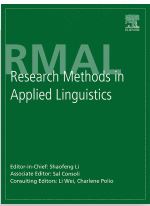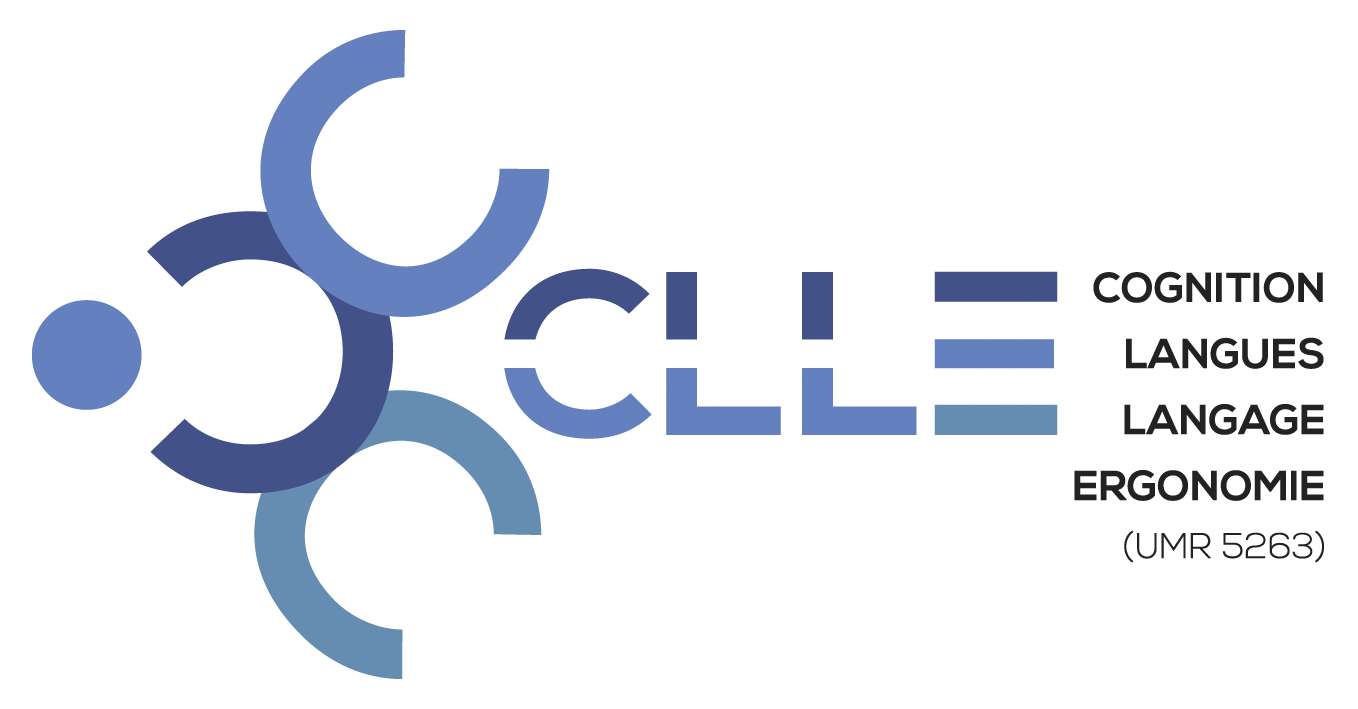-
Partager cette page
Leading a scoping review on L2 pronunciation: Some key elements of methodology
Research Methods in Applied Linguistics, Volume 4, Issue 3
Publié le 2 juillet 2025 – Mis à jour le 2 juillet 2025
Terrier, L. Garnier, M & Ali, S. (CLLE)
 This article describes the methodology of a scoping review covering 25 years of research on L2 English pronunciation. We focus on two key methodological steps required in any scoping review: identifying the information source and selecting the studies. We present a rationale for employing a manual search across prominent journals in the fields of phonetics and phonology, second language acquisition, and second language learning and teaching. We describe how we delineated the scope of the review by identifying 35 prominent journals and how we organized teamwork to select relevant studies. We show that seemingly straightforward inclusion criteria (L2 English, empirical research, and pronunciation) raise questions about the objects of study in the field. The final corpus includes 463 articles published in the 35 identified journals between 1996 and 2020. We demonstrate that Arksey and O’Malley’s framework for scoping reviews can be applied and adapted to the specificities of L2 English pronunciation research, but we also highlight the challenge of iterativity in study selection. As we present the distribution of articles over time and across journals, we make recommendations for future scoping reviews regarding the time span of the review and the identification of the initial information source. In particular, the Journal of Second Language Pronunciation, which stands out as a central venue for L2 English pronunciation research, would have been missed had we used a more typical keyword search across academic databases.
This article describes the methodology of a scoping review covering 25 years of research on L2 English pronunciation. We focus on two key methodological steps required in any scoping review: identifying the information source and selecting the studies. We present a rationale for employing a manual search across prominent journals in the fields of phonetics and phonology, second language acquisition, and second language learning and teaching. We describe how we delineated the scope of the review by identifying 35 prominent journals and how we organized teamwork to select relevant studies. We show that seemingly straightforward inclusion criteria (L2 English, empirical research, and pronunciation) raise questions about the objects of study in the field. The final corpus includes 463 articles published in the 35 identified journals between 1996 and 2020. We demonstrate that Arksey and O’Malley’s framework for scoping reviews can be applied and adapted to the specificities of L2 English pronunciation research, but we also highlight the challenge of iterativity in study selection. As we present the distribution of articles over time and across journals, we make recommendations for future scoping reviews regarding the time span of the review and the identification of the initial information source. In particular, the Journal of Second Language Pronunciation, which stands out as a central venue for L2 English pronunciation research, would have been missed had we used a more typical keyword search across academic databases.Keywords: Epistemology; L2 English pronunciation; Research methodology; Scoping review; Systematic review; Intelligibility
Editions Elsevier
Lien vers l'ouvrage ici





